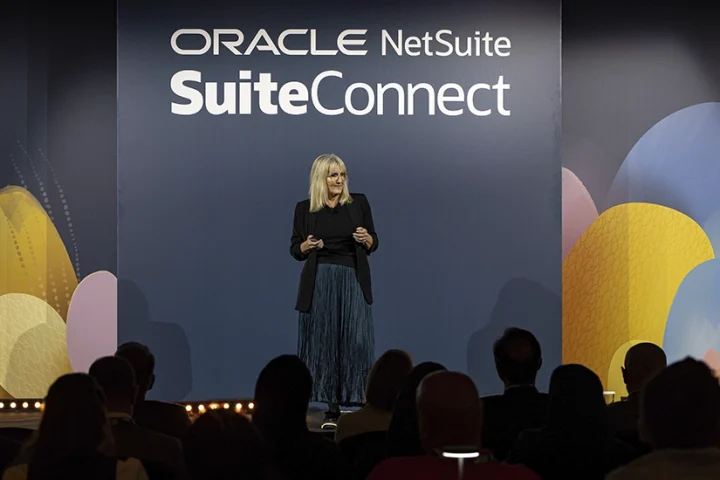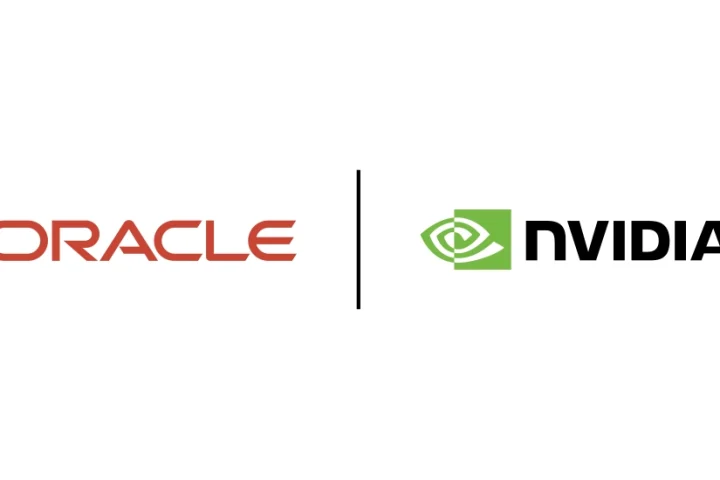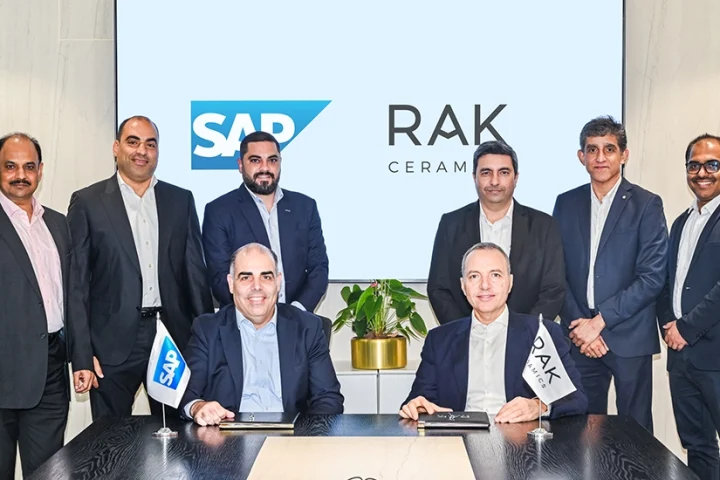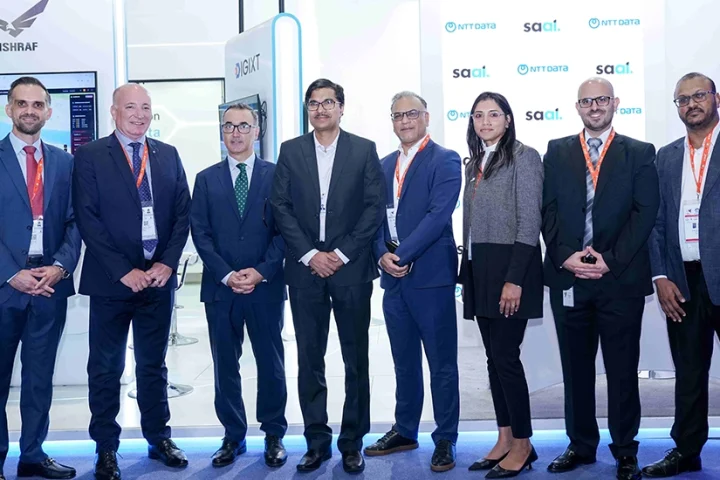Oracle announced availability of Multiple-VM Autonomous Database on Oracle Exadata Cloud@Customer. Multiple-VM Autonomous Database enables organizations to create and run isolated, highly available Autonomous Database instances on Exadata Cloud@Customer systems that are also running non-autonomous Oracle Databases. This helps customers lower costs through better infrastructure utilization and makes it easier for customers to adopt Autonomous Database. Multiple-VM Autonomous Database is available at no charge via an over-the-air update for existing Exadata Cloud@Customer customers.
With Multiple-VM Autonomous Database on Exadata Cloud@Customer, organizations can set up isolated autonomous database environments for dev-test, staging, and production that implement different access rules, quotas, and availability policies to meet corporate governance requirements. Application developers have instant access to a self-service database application development platform that delivers mission-critical capabilities while supporting all modern data types, workloads, and development styles. In addition, Multiple-VM Autonomous Database helps improve developer productivity by creating a private database as-a-service environment with auto-tuning, auto-scaling, and auto-management capabilities that reduce the amount of time and effort required to deliver data-driven applications.
“We are focused on dramatically simplifying data management for all data-driven applications regardless of complexity, scale, criticality, or sensitivity,” said Juan Loaiza, executive vice president, Mission Critical Database Technologies, Oracle. “With Autonomous Database running on the same Exadata Cloud@Customer infrastructure as non-autonomous databases, customers can easily deploy new Autonomous Databases, and upgrade existing databases to Autonomous Database when they are ready.”
“Autonomous Database running on VMs in Exadata Cloud@Customer is a big win for developers,” said Holger Mueller, principal analyst and vice president, Constellation Research. “They can carve up VM clusters for self-service dev-test, staging, and production environments with appropriate SLAs, quotas, performance, and access characteristics. This capability combined with auto-provisioning, auto-tuning, and auto-patching as well as the converged support for all modern data types, workloads and development styles of the Autonomous Database frees developers to achieve higher velocity.”
“Autonomous Database on Exadata Cloud@Customer was already at least two generations ahead of the hybrid cloud offerings you could buy from the likes of AWS, Google, and Azure,” said Ron Westfall, senior analyst and research director, Futurum. “Now, adding the ability to run thousands of Autonomous Databases in VMs across a single Exadata Cloud@Customer enables organizations to leverage fine-grained auto-scaling to only pay for CPU usage when it’s consumed—instead of paying for peak CPU usage all the time, like nearly every other hybrid cloud on the market. And considering that Snowflake doesn’t even have a hybrid cloud offering, they just fell even further behind.”
Leveraging Oracle Exadata infrastructure for performance, scalability, and availability, Multiple-VM Autonomous Database on Exadata Cloud@Customer makes it simpler to deploy cloud-native and mission-critical databases. Exadata Cloud@Customer has been successfully deployed by organizations worldwide, including Algar Telecom, Caja Los Andes, Deutsche Bank, Lalux, MacMaster University, Maxim’s, MoMRAH, n11.com, and Texas A&M University to achieve cloud benefits faster with lower complexity, risk, and expense.
Customers across the globe have access to Multiple-VM Autonomous Database on Exadata Cloud@Customer today via the Oracle Cloud Infrastructure (OCI) console and APIs. It provides a consistent experience with that of the Oracle public cloud, but running on-premises in the customer’s data center to satisfy data residency and security requirements.





















